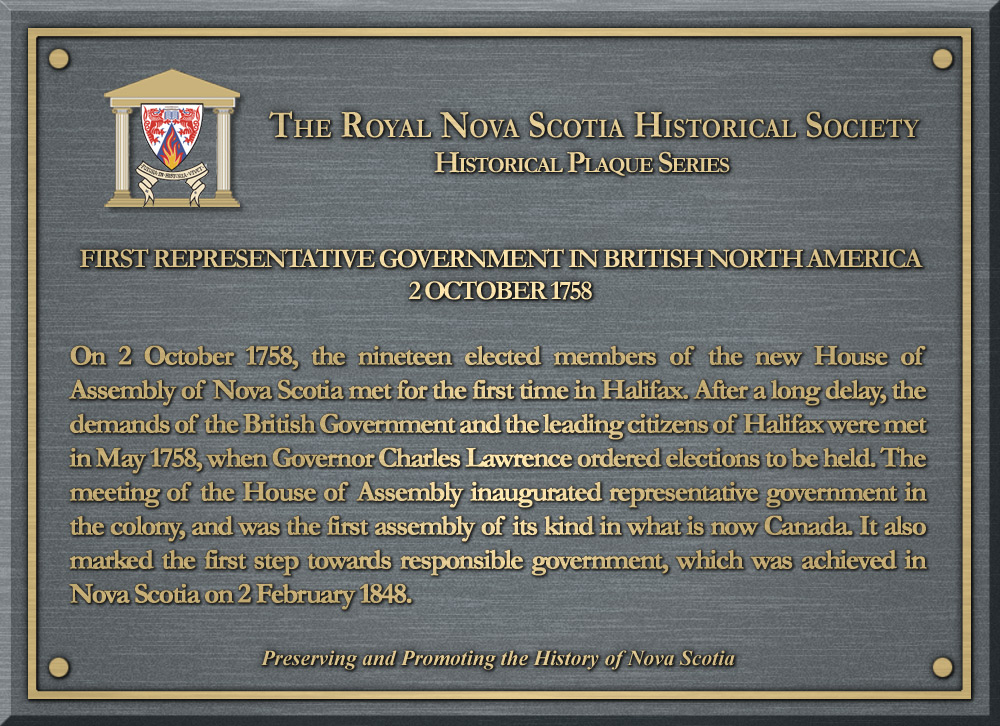September 19th 2012
The 26th Annual Phyllis R. Blakeley Memorial Lecture
“The Kings County World of the Rev. Edward Manning to 1846”
Dr. Julian Gwyn, Professor Emeritus, Department of History,
University of Ottawa
The Phyllis R Blakeley lecture named in memory of the late Provincial Archivist of Nova Scotia who was remembered for her contributions to local history, as a writer in her own right, and also as an archivist, a facilitator of research and a mentor, reader and advisor to many historians.
Dr. Julian Gwyn came to Nova Scotia to farm in Berwick after more than 25 years as an historian at the University of Ottawa . While noted as a naval and empire historian, Dr Gwyn had also released a string of publications addressing Nova Scotia within the empire. More recently he has been looking at the end of his lane and how those various townships developed in Nova Scotia.
His lecture for the evening was based on the diary of the Rev Edward Manning, who was regarded as one of the founders of Calvinist Baptist faith in Nova Scotia. Born in Ireland Manning arrived in Nova Scotia at the age of three in 1769. Perhaps in some way shaped by the circumstances of his father’s conviction and hanging for murder in 1776 Manning encountered Henry Alline in 1778 and began his road to conversion to the great awakening form of Baptist faith. Unfortunately the diary starts later in 1806 and continued until 1846, 5 years before his death.
While much of the diary is consumed by the state of his soul, his health, and his family, there are nevertheless extensive comments on the community at large. Calvinistic repentance for hunting a bull moose on the Sabbath when he was 24 is strung throughout the document. His journey from a consumer of spirits who viewed rum as a cure for hemorrhoids to a temperance preacher was another theme found in the diary. His encounters with the African Nova Scotian preacher Richard Preston speak to the sometimes reluctant acceptance of people of colour into Nova Scotian society of the time.
Although born into the Catholic faith Manning held it in particular disrepute especially when it came to St Patrick’s day. At the end of his career he was again apart from his former faith ministering to a small splinter group of Baptists in Kings County who had diverged on the question of sprinkling versus immersion. Having read all of extant diary Dr Gwyn concluded that Manning, like Calvinists, lacked any joy in his life or the freedom to admit that joy might exist.





